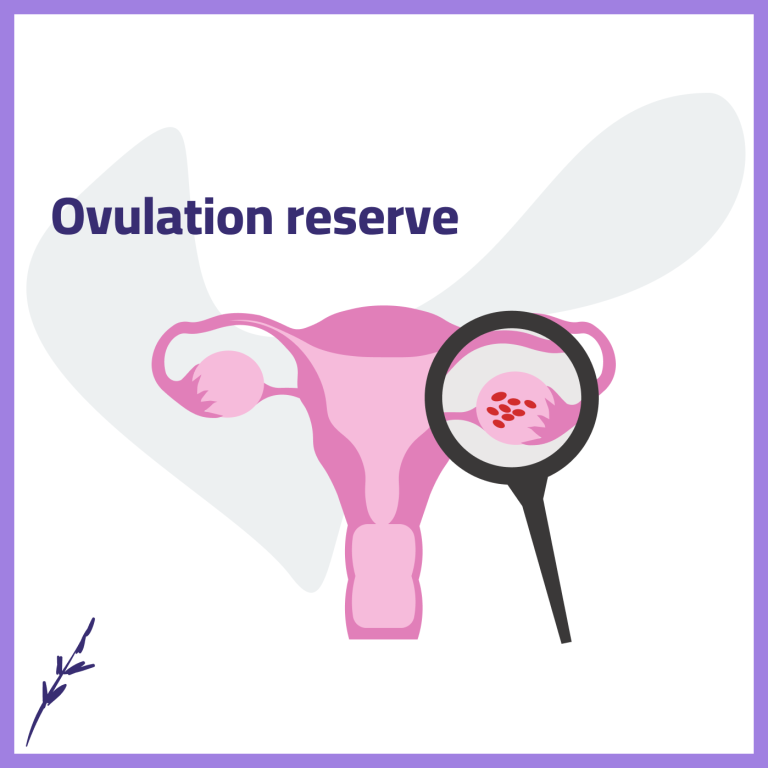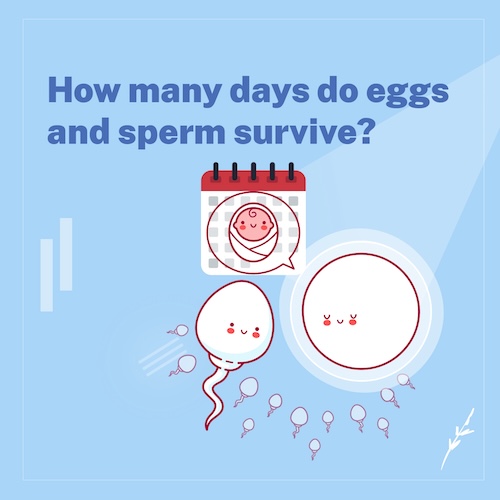Semen quality in conception fail
Semen quality is one of the most important factors influencing male fertility and the success of conception, whether it occurs naturally or through assisted reproductive technologies (ART) such as in vitro fertilization (IVF) or intracytoplasmic sperm injection (ICSI). Semen quality refers not only to the number of sperm present in the ejaculate, but also to how well sperm move, how they are shaped, and how healthy their genetic material is. When semen quality is poor, the chances of fertilizing an egg decrease, and the risks of early pregnancy loss or developmental problems may increase.
Understanding semen quality is essential for couples who are trying to conceive and for clinicians who evaluate male fertility.
What Does Semen Quality Mean?
Semen is the fluid released during ejaculation and contains sperm cells along with secretions from the seminal vesicles, prostate, and other glands. Semen quality is primarily defined by three core sperm parameters:
- Sperm concentration (count): the number of sperm present per milliliter of semen
- Sperm motility: the ability of sperm to move efficiently toward the egg
- Sperm morphology: the shape and structural integrity of sperm cells
Each of these parameters plays a crucial role in the fertilization process. Even if one parameter is impaired, conception may become more difficult.
Semen Analysis: The Standard Fertility Test
The most commonly used test to evaluate semen quality is the semen analysis. This laboratory test provides basic information about sperm concentration, motility, and morphology and is often the first step in male fertility assessment.
However, while semen analysis is useful, it has important limitations. A normal semen analysis does not always guarantee fertility, and an abnormal result does not always mean conception is impossible. This is because traditional semen analysis does not fully assess:
- The functional ability of sperm
- The integrity of sperm DNA
- Subtle genetic or molecular defects
As a result, more advanced tests have been developed to gain deeper insight into sperm health.
Advanced Tests for Sperm Quality
To better understand male fertility potential, clinicians may recommend additional tests beyond standard semen analysis:
Sperm DNA fragmentation tests
These tests measure breaks or damage in sperm DNA. High levels of DNA fragmentation have been associated with reduced fertilization rates, poor embryo development, implantation failure, and increased miscarriage risk.
Chromosomal analysis
Some sperm carry abnormal numbers or structures of chromosomes. These abnormalities may lead to failed fertilization, recurrent pregnancy loss, or genetic disorders in the offspring.
Oxidative stress testing
Oxidative stress occurs when reactive oxygen species damage sperm membranes and DNA. Excess oxidative stress is a common cause of reduced sperm function.
Epigenetic assessments
Epigenetic changes affect how genes are expressed without altering DNA sequences. Abnormal epigenetic patterns in sperm may influence embryo development and long-term health outcomes.
How Poor Semen Quality Affects Conception
Scientific studies consistently show that poor semen quality negatively affects reproductive outcomes. Men with abnormal sperm parameters often experience:
- Lower natural conception rates
- Reduced success in IVF and ICSI cycles
- Higher rates of early pregnancy loss
For example, multiple studies have demonstrated that elevated sperm DNA fragmentation is associated with lower clinical pregnancy rates and reduced live birth rates in assisted reproduction. Other research has found a higher frequency of sperm chromosomal abnormalities in men whose partners experience recurrent miscarriage.
These findings highlight that sperm health is not only important for achieving pregnancy, but also for maintaining a healthy pregnancy.
Causes of Poor Semen Quality
The causes of poor semen quality are often multifactorial and may include:
- Age: Sperm quality gradually declines with age, particularly DNA integrity
- Lifestyle factors: smoking, alcohol use, obesity, lack of physical activity
- Dietary deficiencies: low intake of antioxidants, vitamins, and minerals
- Chronic stress and sleep deprivation
- Infections or inflammation of the reproductive tract
- Hormonal imbalances, such as low testosterone
- Genetic conditions affecting sperm production or structure
- Environmental exposures: heat, radiation, pesticides, heavy metals, and industrial chemicals
In many cases, multiple factors act together to impair semen quality.
Can Semen Quality Be Improved?
The good news is that some causes of poor semen quality are modifiable. Lifestyle and medical interventions can significantly improve sperm health over time. Common recommendations include:
- Quitting smoking and reducing alcohol consumption
- Maintaining a healthy body weight
- Eating a balanced diet rich in fruits, vegetables, healthy fats, and antioxidants
- Managing stress and improving sleep quality
- Avoiding excessive heat exposure (e.g., hot tubs, laptops on the lap)
- Treating infections or hormonal disorders when present
Because sperm production takes approximately 2–3 months, improvements in semen quality are usually seen gradually rather than immediately.
Semen Quality and Assisted Reproductive Technologies
In cases where natural conception is difficult, ART methods such as IVF and ICSI can help overcome some sperm-related issues. However, even in these techniques, semen quality remains important. Poor sperm DNA quality, for example, can still affect embryo development and pregnancy outcomes.
This is why comprehensive sperm evaluation is increasingly recommended before and during fertility treatment.
Final Thoughts
Semen quality is a critical component of male fertility and plays a major role in conception success, pregnancy continuation, and reproductive outcomes. While traditional semen analysis provides valuable information, it does not tell the whole story. Advanced sperm tests and a holistic evaluation of health and lifestyle offer deeper insight into male reproductive potential.
If conception is not occurring or pregnancy losses are repeated, seeking medical advice and evaluating semen quality can be an important step toward identifying causes and improving the chances of a healthy pregnancy.







